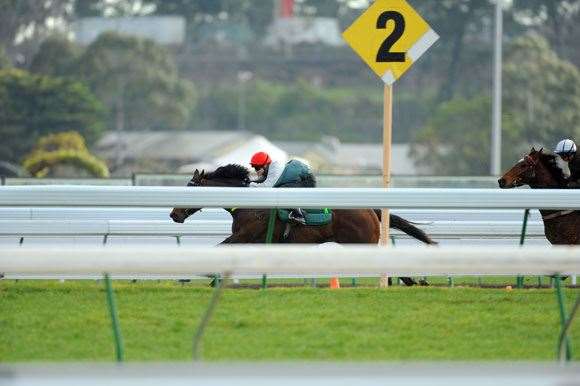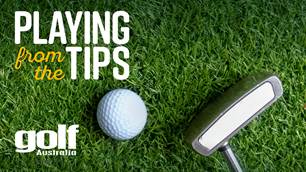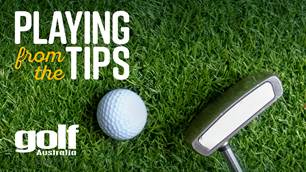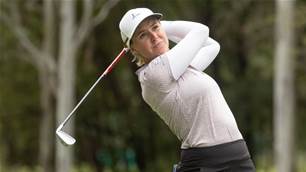If ever a sporting destiny beckoned, it was for Craig Williams to ride winners.
If ever a sporting destiny beckoned, it was for Craig Williams to ride winners.
 Melbourne Track. Images: Jeff Crow / Sport the Library
Melbourne Track. Images: Jeff Crow / Sport the LibraryWith father Allan a former leading jockey, and his grandfather, uncle and two brothers successful trainers, he was never going to be far from horses. But it wasn’t easy: Williams was 57kg at the age of 16. How he has maintained his racing weight, and found success riding champion horses all over the world, is an inspiring story of dedication and perseverance. Williams is now one of this country’s leading hoops: four times (and counting) winner of the Scobie Breasley medal (racing’s equivalent of the Brownlow), and Melbourne’s premier jockey for the last four years (and counting). He’s ridden winners in Cox Plates, Golden Slippers, VRC Oaks, Australian Cups, among numerous other Group One titles. His profession has taken him to Hong Kong and the UK for extended stints, but lately he’s been preparing for another massive tilt at Melbourne’s Spring Carnival. Here’s how.
SCALES OF JUSTICE
“The goal for a jockey is to be as light as he possibly can and as strong as he possibly can. Dieticians will tell you that there’s only
one other profession that’s equal to horse racing in this respect; it sounds a bit sissy, I guess, but they’re elite athletes – and that’s ballerina dancing. Boxing is in a different field – the same as rowing – because after you weigh in you can go and eat as much as you want. But whatever we weigh out, we must weigh back in after competing.”
ALONG FOR THE RIDE?
“To be a jockey, well, it’s just amazing how fit you have to be to ride a horse and compete at this level. It’s extreme fitness“I laugh: you can put someone on my mechanical horse – first of all they struggle to get their legs up into position, and then if they can sit there for 30 seconds they’re usually grimacing in pain. When they get off they can’t walk for the first 15 metres, and the next day they’ll report back that they’re sore where they didn’t even think they had muscles!
“When you compete nearly every day, every weekend, you take it for granted how fit you are. When you’re fit, all you’re doing is turning yourself over, turning yourself over … you can’t get any fitter, so you’ve just got to keep your body limber and stay mentally sharp. But you can quickly lose that fitness, so my work routine is always harder coming off a holiday or a break; that’s when I really program myself.
“One thing I always look at when I’m riding is that if I’m injured and sore and might cost a horse winning, I won’t ride. A lot of jockeys will be performing with pain and discomfort, like footballers – maybe some jockeys for the rest of their lives. And that’s the risk that you take. But I’ll never cost a horse or trainer or connections a win because of my lack of fitness.
“The secret to riding horses is an easy mathematic ratio: we weigh 50-58kg, and horses weigh 400-500kg, so it’s all about technique and working with the horse. It’s not about strength.“I ride five days a week – it used to be six but I’ve cut it back. On a normal day I get up at 4.30am. I stretch and build up my core flexibility with a few stomach crunches for half an hour. Then I’ll go jump on my mechanical horse for about two minutes, and then I’ll go to work.
“Some mornings you might do slow work, and that ends up working different muscles in your body compared to riding fast work or riding in the racing position. With slow work you just canter horses around; you’re actually riding with your stirrups longer and you use more of your shoulder muscles to slow the horse down by forcing your hands firmly on the reins on the horse’s neck. If I haven’t ridden slow track work for a month and then I do it, I’ll definitely be muscle sore in certain areas.”
Related Articles

Playing From The Tips Ep.100: Webex Sydney, Honda LPGA, Mexico & Kenyan Opens

Playing From The Tips Ep.102: NZ PGA, Arnold Palmer, LIV Hong Kong, Blue Bay & cancelled WPGA













